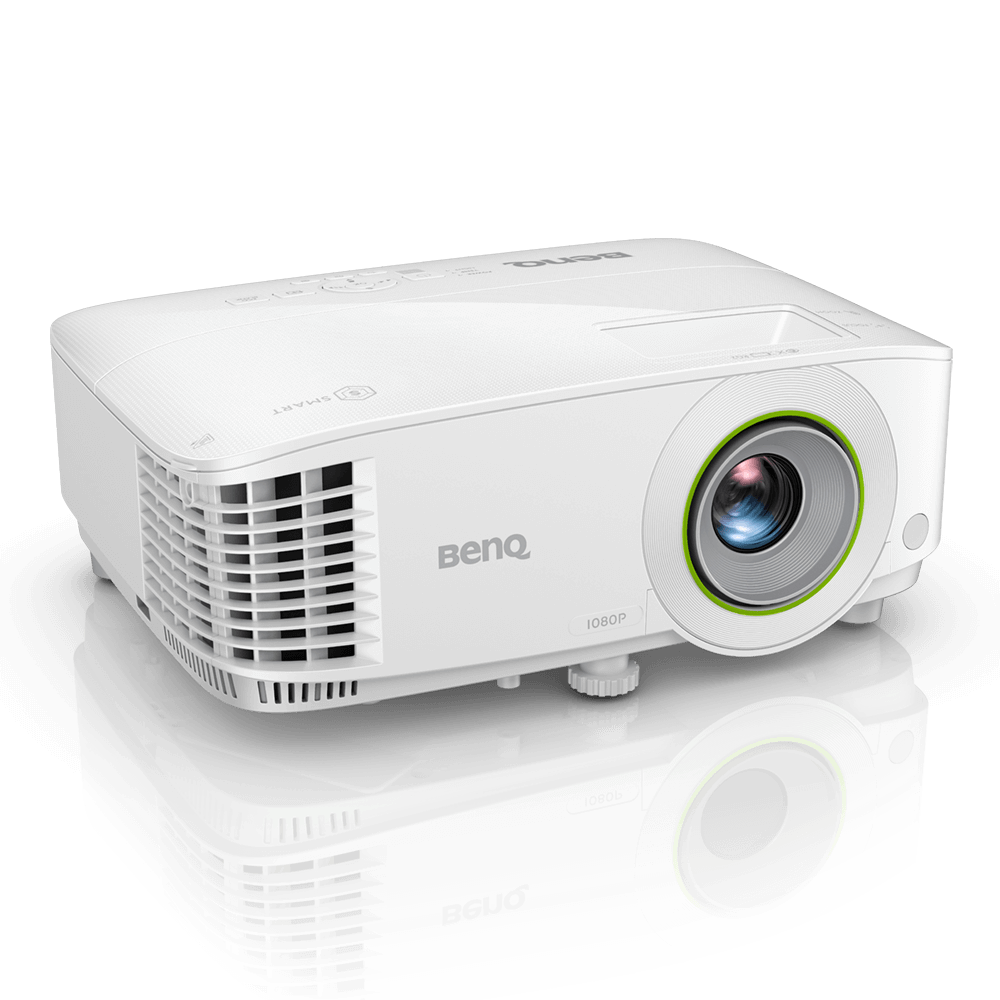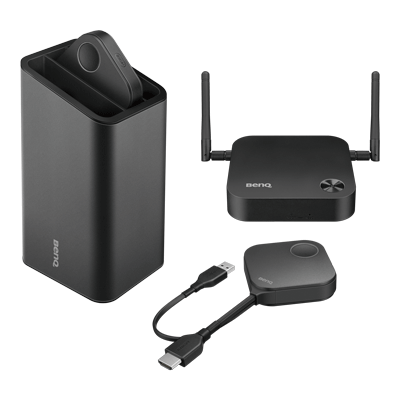Search history
Clear
How Can I Connect My EPSON or BenQ Projectors to Wi-Fi?
- BenQ
- 2022-05-02
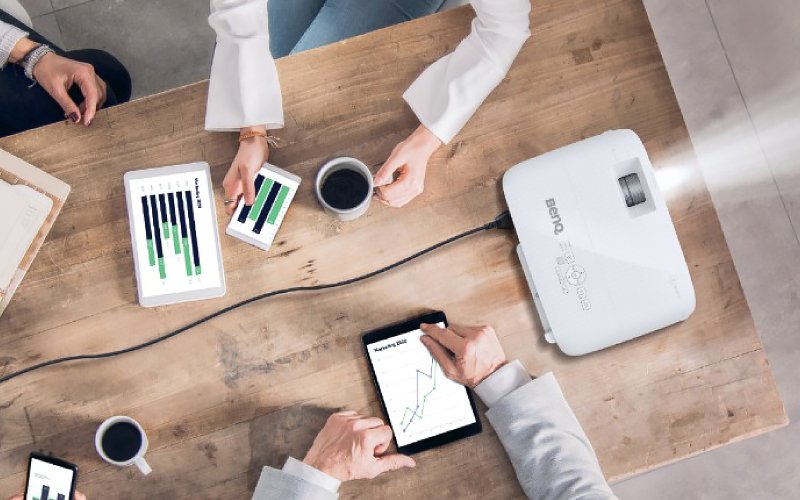

We all use Wi-Fi at home and work, and have become very familiar and comfortable with getting various devices connected to wireless networks. That includes our laptops, tablets, phones, and even TVs. But in many cases, when you want to connect a projector to your Wi-Fi, it doesn’t show up in the detected device list or even when it is connected to Wi-Fi, other devices can’t see the projector, which means content can’t be shared and showcased on a big screen. These problems cause much frustration to users who want to share content from personal devices using a projector.
Let’s take a look at four main ways of implementing Wi-Fi functionality in projectors and evaluate their respective merits.
Traditional Projectors Such as the EPSON 3LCD Projectors
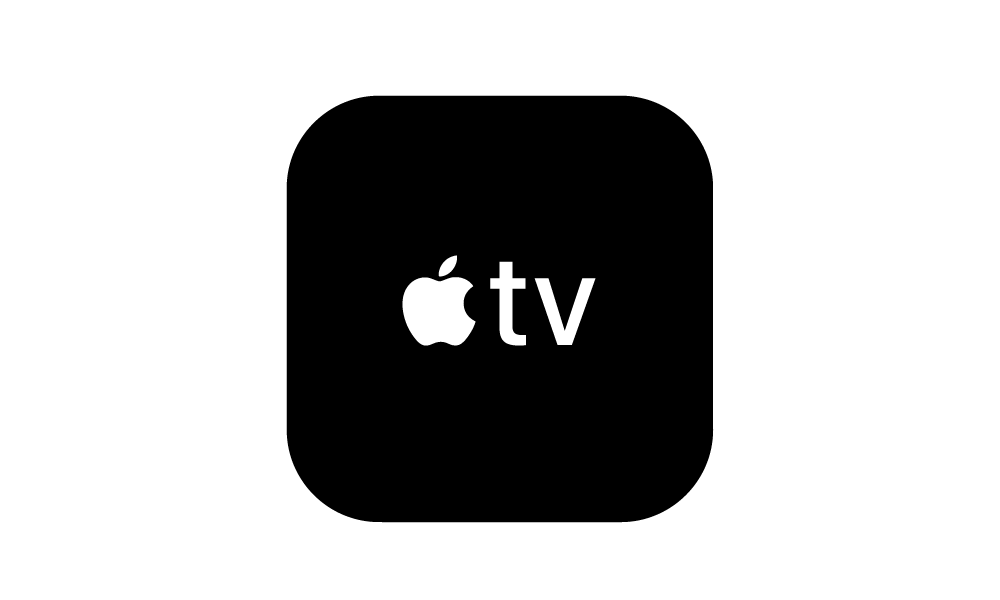
These projectors include at least one HDMI port so you can connect a Chromecast and Apple TV device and use those as your streaming and sharing platforms. Because Chromecast and Apple TV are consumer-grade products, they’re very compatible and will work with your personal devices for content sharing. And the biggest problem is that we said Chromecast and Apple TV. While widely compatible, these two platforms are focused on Google/Android and Apple/Mac OS/iOS, respectively. To make sure that everyone’s devices can connect, it’s best to get both, which adds up to cost and clutter.
Additionally, their consumer-focus means they do not possess enterprise-grade security protocols. So, if you intend on sharing highly sensitive or confidential content, please consider investing in a highly secure, dedicated wireless presentation system.
Add-On Wi-Fi Modules
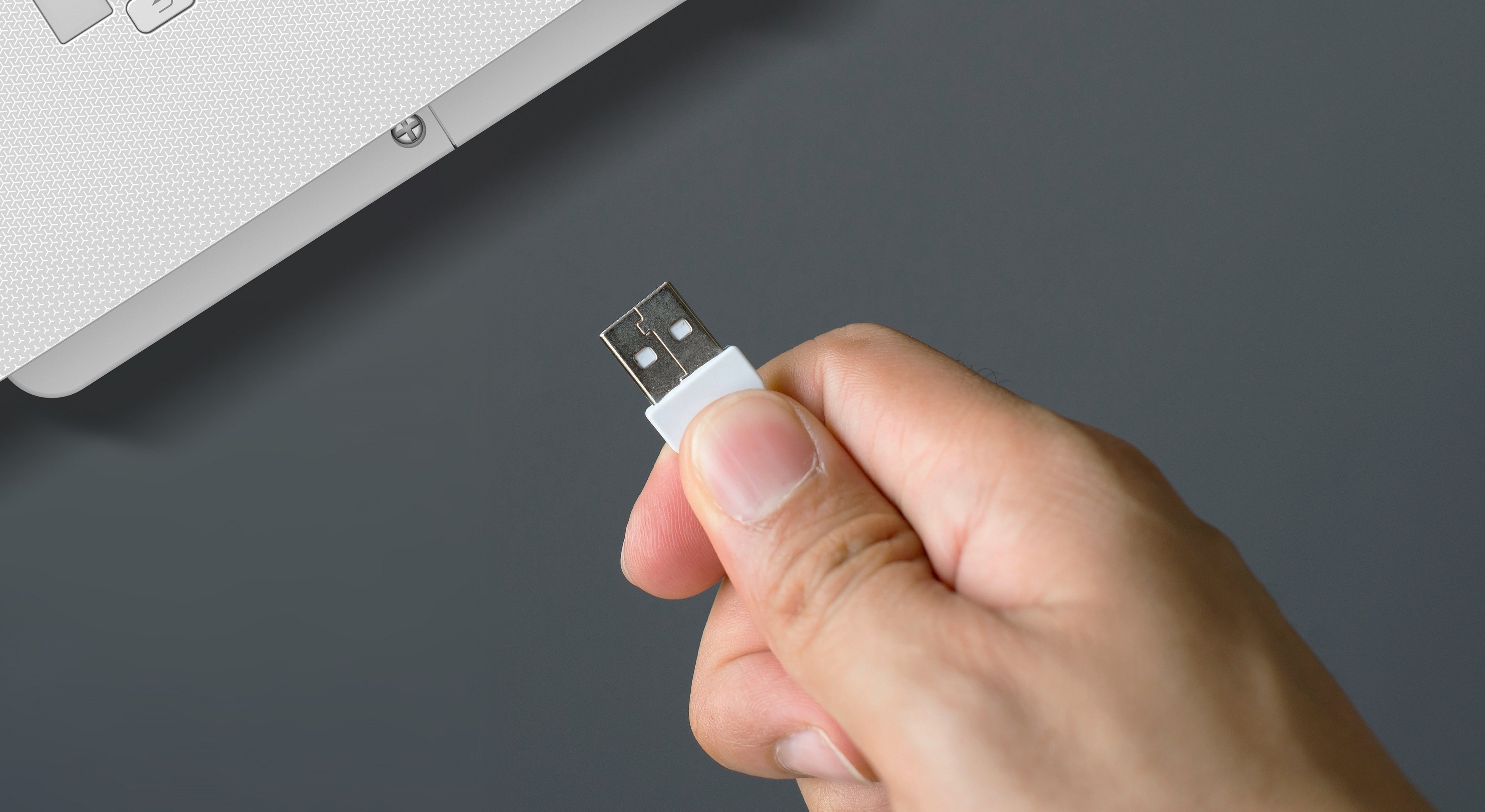
Many projectors make standalone Wi-Fi modules that plug into projectors and add wireless connectivity such as EPSON Home Cinema 880/EX3260/VS250/VS350/VS355. On the downside, these modules typically only work with the selected designated models, so they can’t be reused and shared across projectors. That means buying several modules or dongles if you want to use multiple projector models. In the pro column, Wi-Fi models also offer a very widely-compatible design that works with nearly every device imaginable in an OS-agnostic fashion. Most support Windows, Linux, Mac OS, iOS, and Android. That removes the need to buy both Chromecast and Apple TV, saving you money and clutter. If your office does lot of BYOD (bring your own device), this is an acceptable path, because it’s unlikely any device will have Wi-Fi issues with the projector, and nor will the projector have any problems getting on your Wi-Fi network.
Wi-Fi modules also offer additional benefits, like basic 128-bit AES encryption and WPA2 standards to protect your data, and a stronger wireless signal due to more powerful antennas than those used in streaming boxes.
Of course, nothing’s perfect, and add-on modules have their own cons. Nothing major, but they do require software and apps to work, adding a layer of complexity. For instance, if you want to screen mirror an Android tablet on an EPSON 3LCD projector, you’ll need to download and install the iProjection app to that tablet. Many people already have too many apps on their devices, and the prospect of installing yet another one and giving it device permissions may not be very appealing.
Basic Built-In Wi-Fi

This solution essentially embeds a Wi-Fi module such EPSON Pro EX7260/Pro EX9220/Home Cinema 880X in the projector at the factory. A much more elegant path to having Wi-Fi and getting almost close to the level of a truly smart projector. Because there are no streaming boxes or modules to tinker with, you have far less clutter and don’t need to occupy any HDMI or USB ports on the projector. Those remain available for other devices to use if needed, for instance USB sticks or Blu-ray drives.
Still, projectors that have this basic built-in Wi-Fi still require drivers or an app install on source devices, just like with add-on modules. They streamline things on the hardware level, not the software or usage level. Without the manufacturer’s app on your phone, tablet, laptop and so on, the projector won’t be able to screen mirror content from them.
Smart Integrated Wi-Fi
This is the complete package, hardware and software. The Wi-Fi module and antenna are already in the projector, and all necessary drivers are incorporated in the BIOS. No drivers or apps are necessary, and the projector can communicate with personal devices directly. There are no add-ons to purchase and connect. With projectors like the BenQ Smart series you get all the benefits of Wi-Fi modules and built-in Wi-Fi, and more. BenQ smart projectors offer support for all major screen mirroring and streaming platforms, including Google Cast, AirPlay, and Miracast. As such, they make locating the projector from virtually any device extremely fast and easy.
Data encryption and protection are included on a similar level to Wi-Fi modules, and the fact that users don’t need to install any apps on their personal devices is a huge win for this approach. It’s clear that truly smart projectors with native Wi-Fi implementation is the best way to go if possible.
Want to learn more? Talk with our projector experts by clicking on the Contact Us or Free Trial buttons below!
Recommended Articles
-
Trends & Knowledge
Should I choose Chromecast for Wireless Presentations in A Meeting Room?
When choosing a wireless streaming device for your office, going for Google Chromecast might seem like a good idea to you. While this consumer solution performs great in a living room for entertainment content, it is not necessarily suitable for the business environment where data security is essential.
2020.09.02 -
Trends & Knowledge
Connecting Your Own Device to Wireless Projector Without Drivers or Adapters
This article introduces the importance of driver-free projection technology in the BYOD office era and how to achieve it via BenQ Smart Business Projector.
2021.06.03
